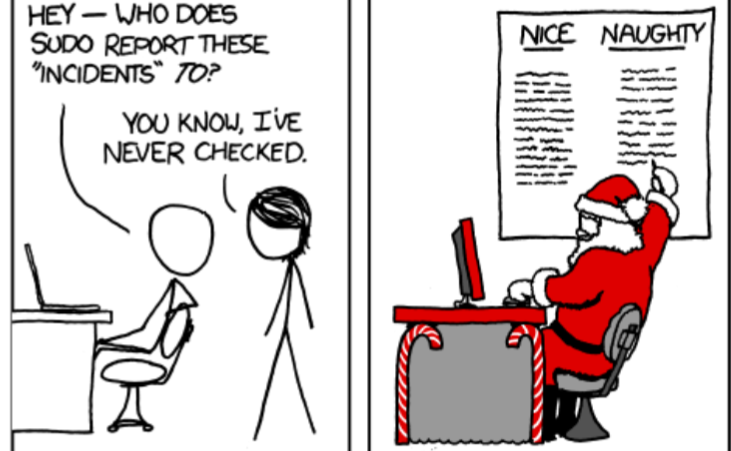Oh, I’m very well aware of this, I’ve faced these situations in the past, but the thing is, I solve a ton of problems, including medium to hard problems, also after some rigorous practice, I become good enough to visualize the path I’ll take to solve easy problems and become efficient enough to solve them in my head.
Only the very hard problems, where I have no clue how to tackle them and have to bang my head on the wall for 2-3 hours, get the better of me. I always end up seeing the solution, and then I just take notes and make sure that if the same or a similar problem pops up (which rarely happens), I’m at least able to find my way. But that never happens, I usually end up forgetting the method or approach due to lack of practice. I feel like even if I read the theory very well and learn the derivations by heart, I still won’t be able to complete those problems. Maybe it has to do with reasoning and general IQ, but I’m not sure.
The thing is that I’ve always struggled with passive learning, like watching lectures or reading theory books, because they don’t keep me as engaged, to make them fun I used to first understand what the lectures trying to teach me and then I'd make notes on my own understanding, but at the same time, I prefer doing problems since it forces me to think actively. I’ll definitely try to stay mindful of the structured material.
What u said reinforces my confidence in sticking with my approach! Thanks :)
Thanks for the reassurance, i'll keep doing what am doing. :)
It’s reassuring to hear that focusing on problem-solving isn’t necessarily a drawback, as long as I’m prepared for a wide variety of questions. I think I’ll stick with my method for now and revisit theory selectively when I feel gaps or curiosity arise.
My immediate goal is to become as efficient as possible at problem-solving, especially for exams or competitions. But I do wonder if this approach might leave gaps in my understanding in the long term.
I have a unique way of studying that seems to work well for me, but I’m curious if it’s a good long-term strategy.
Whenever I start a new topic in physics or math, instead of diving into the theory or derivations, I first skim through a variety of solved problems to get a sense of the types of questions typically asked. I take notes on the key concepts and methods I encounter, focusing on recognizing patterns across different problems.
Once I’ve built a mental "map" of the topic through problem-solving, I attempt unsolved problems using my notes and keep adding new observations as I go. By the end, I feel confident about most question types and can solve them quickly. After that, I might revisit the theory with a sense of curiosity, wanting to understand the "why" behind the formulas and patterns I’ve observed.
This approach has helped me become faster at solving problems compared to my peers. However, I sometimes worry that I might miss out on deeper conceptual understanding, especially for rare, extremely challenging problems.
The reason I lean toward this method is that I tend to forget theoretical details over time, but problem-solving strategies stick with me much longer. It feels like I develop an intuitive "second brain" for tackling problems.
So, is this a valid way to study? Or should I switch to the more conventional approach of learning theory first and then solving problems?
This reminds me of this meme, I saw one time :

Bro, won in life, now doing sidequests
India
You can try reading some work of "Prescott Lecky", maybe try to find a copy of his book, "Self Consistency, A Theory of Personality" he was a school teacher and he conducted an experiment on thousand of students, He used a method called 'System of ideas' to cure students of such habits of nail biting and stuttering.
You can give it a try.
This is my personal favourite










